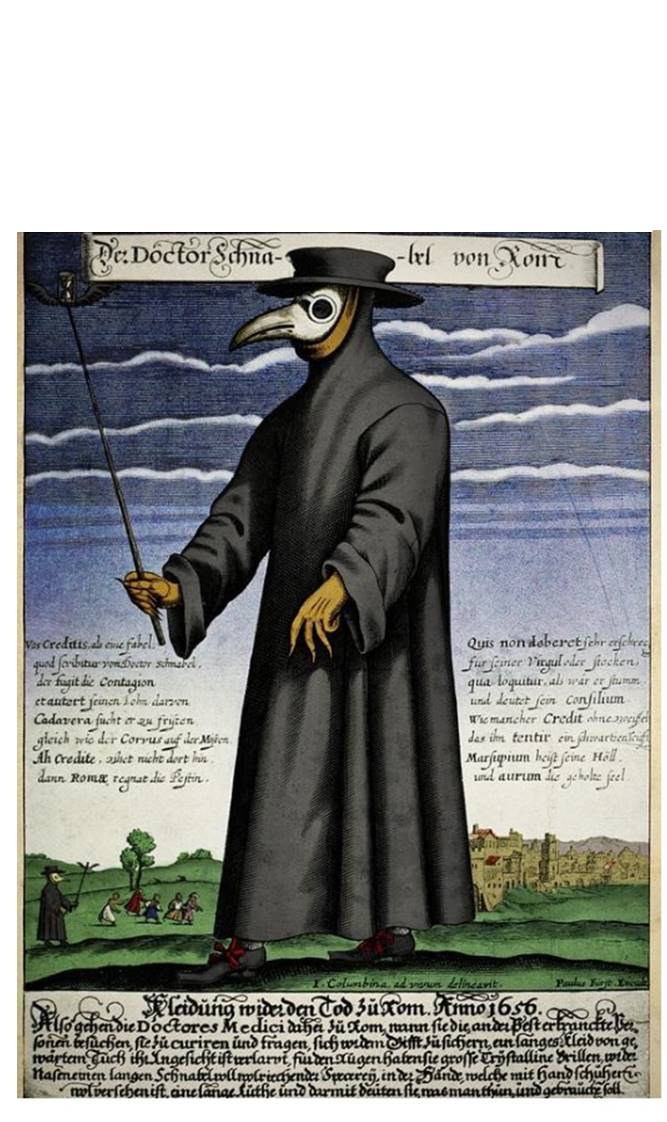Messages from friends – Relatively low rate of COVID infections within my immediate circle – Brexit transition coming to an end – Evening statistics
The Christmas cards I’ve received from various friends have a strange pathos this year. There are stories of disappointments that have come about as a direct consequence of the virus-related restrictions: travel that had to be canceled, reunions with friends and relatives that had to be postponed to a date as yet indeterminate. There are stories of difficult periods aggravated by the strain that our medical system is undergoing: surgeries that took required more trouble to schedule than would have been the case under normal circumstances, illnesses that required staying in hospitals for a few days at a time when hospitals were more crowded than usual. There have been significant birthdays and anniversaries whose celebrations had to be placed on hold (my aunt’s 90th birthday, which I have referred to before, is one example). And there is what might be called a running theme through the majority of them: the strain of the isolation over so many months, the sentiment of “we’ve missed you” from friends I have not been able to see for nearly a year.
There are messages of hope as well. Some have managed to travel a bit, even if the travel was not what they had originally planned. My friends are staying reasonably active and keeping their minds busy as well. There are assurances from various quarters of getting together again once the concerns over the COVID virus have faded; and with the vaccines now having begun distribution, such a hope seems attainable for the coming year.
The number of friends who have actually contracted the virus is mercifully limited. One tested positive during the past autumn, but had no symptoms and appears to be undergoing no long-term effects. Another fell ill with COVID in early April and it took him some weeks to recover, but he is in good health now. Yet another, who is a health-care professional, tested positive but her symptoms were minimal and disappeared relatively quickly. My relatives who contracted the virus during the spring have long since recovered. It would appear that I’m in a social stratum that is significantly healthier than the national average, since the current level of infection in the country is 5.9%, or about 1 in every 17. Perhaps that is not surprising when so many of my friends have made considerable effort to remain active and vigorous. Even during the times of the restrictions many of us have managed to get out and to take to the trails. But much of this is also luck. As I (and others) have had frequent occasion to remark, many otherwise healthy people have contracted the disease.
The details of the Brexit deal have been worked out. The U.K. left the EU on January 31st, but the transition period is scheduled to last for eleven months, ending on December 31st. When the British voted in favor of Brexit, I was not unduly surprised. I won’t go so far as to say that I predicted it, but I had heard many complaints during my visits to the U.K. about the EU – chiefly about the extravagant amount of red tape it imposed on almost every walk of life. I personally believe that exiting the EU is a mistake and that the British will have reason to regret this decision in the years to come, but I can understand how it came about. They will be paying a high price for their withdrawal from the Union: doctors, nurses, architects, dentists, pharmacists, vets, engineers, etc., no longer will have automatic recognition but must apply for it in any EU country in which they work; U.K. nationals no longer have the freedom to work, study, start a business or live in the EU, and visas will be required for stays over 90 days; British business travelers and posted workers – those that stay in the EU to work for a limited period of time – face fines unless they get advance authorization. How the U.K. will fare once the transition period ends is a source of lively speculation. Presumably the British hope to exercise global influence in their position of “splendid isolation” (to use one commentator’s phrase) but my belief is that their economy will become less important on the global scale and shrink from year to year, until the U.K. either is forced to petition to rejoin the EU or resign itself to becoming a backwater.
Today’s statistics as of 8:00 PM – # of cases worldwide: 81,126,414 ; # of deaths worldwide: 1,771,407; # of cases U.S.: 19,567,784; # of deaths; U.S.: 341,138. There are decidedly fewer cases and deaths today, well below the daily averages we’ve been having for the last several weeks. It appears that this lull is only temporary; Dr. Fauci has issued a warning today that the worst is yet to come.
